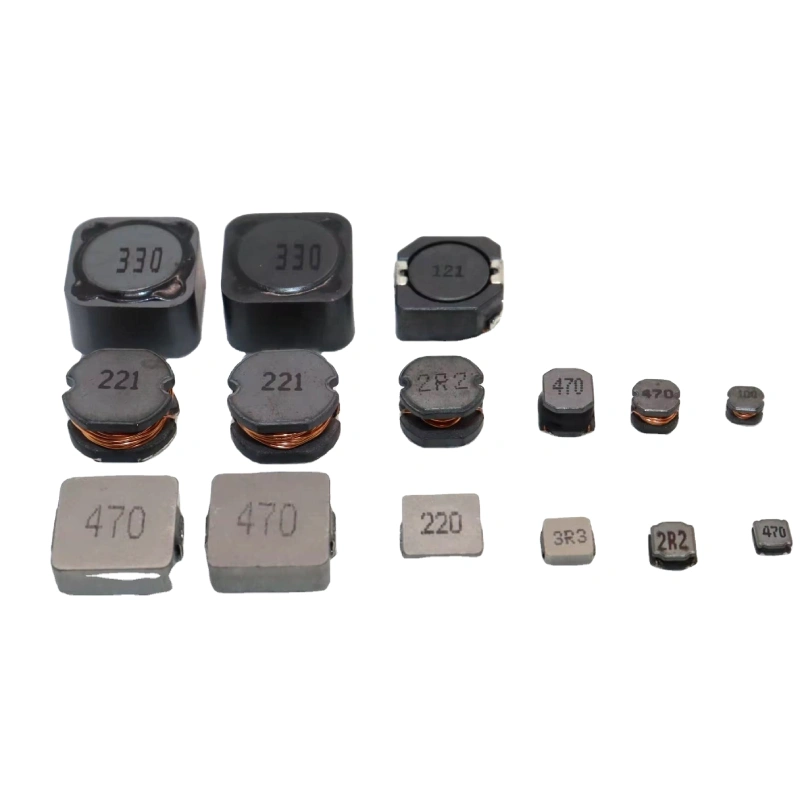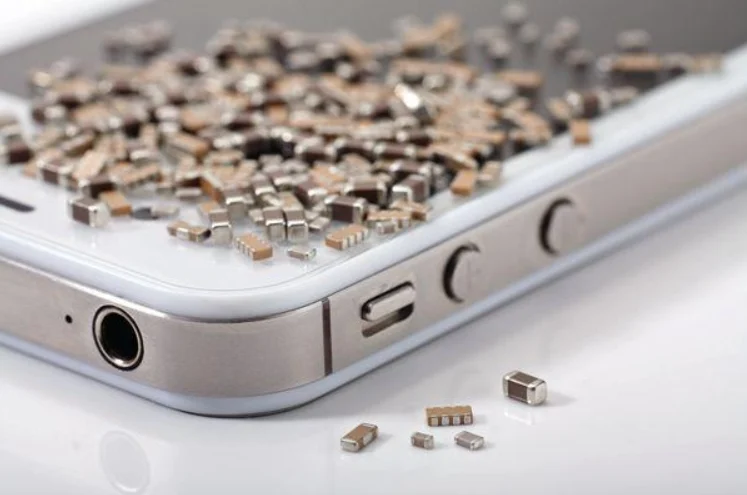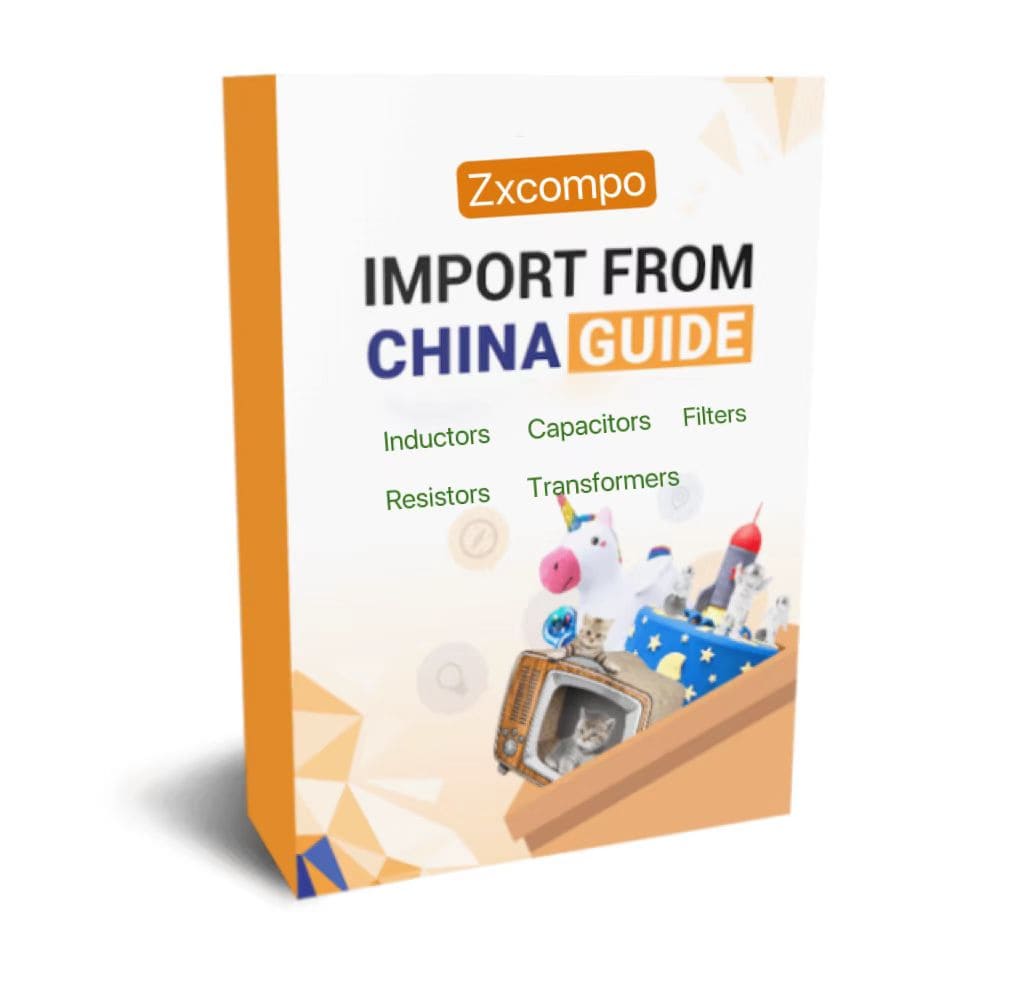First of all, there are many types of ferrite beads, and manufacturers should provide technical indicators, especially the impedance and frequency relationship curve of the beads. Some ferrite beads have multiple vias. Threading in the vias can increase the impedance of the component (the square of the number of times the beads are threaded), but the increased high-frequency noise suppression ability is not as much as imagined, so the method of connecting multiple beads in series is adopted. Ferrite is a magnetic material. Excessive current passing through will cause magnetic saturation and the magnetic permeability will drop sharply.
High current filtering should use beads with specially designed structures and pay attention to their heat dissipation measures. Ferrite beads can not only be used to filter high-frequency noise in power supply circuits (can be used for DC and AC output), but can also be widely used in other circuits, and their volume can be made very small.
Especially in digital circuits, since pulse signals contain high frequencies and high-order harmonics, they are also the main source of high-frequency radiation in circuits, and magnetic beads can play a role in such occasions.Moreover, ferrite beads are also widely used in noise filtering of signal lines. Therefore, when selecting ferrite beads, you need to pay attention to the current passing through the beads. Generally, they need to be used with derating. When used in power supply circuits, the effect of DC impedance on voltage drop must also be considered.
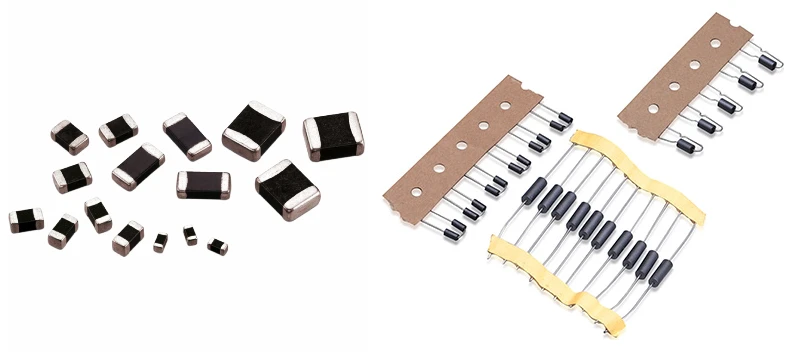
Since ferrite beads are used in circuits to increase high-frequency losses without introducing DC losses, they are small in size and easy to install on wires or spaced wires. They have a very obvious effect on suppressing noise signals above 1MHz, so they play a role in decoupling, filtering, and suppressing parasitic oscillations in high-frequency circuits.
In particular, they can effectively eliminate current mutations caused by switching devices inside the circuit and filter high-frequency noise interference introduced into the circuit by power lines or other wires. Low-impedance power supply circuits, resonant circuits, Class C power amplifiers, thyristor switch circuits, etc. all use ferrite beads for filtering, and the effect is very obvious.
Ferrite beads can generally be divided into two types: resistive and inductive. You can choose according to your needs when using them.
The impedance of a single bead is usually from tens of ohms to hundreds of ohms. If the attenuation of a single bead is not enough, multiple beads can be used in series, but usually more than three beads will not significantly improve the effect.
The figure shows a high-frequency LC filter circuit composed of two inductive ferrite beads, which can effectively absorb the oscillation signal generated by the high-frequency oscillator without damaging the load or reducing the load.
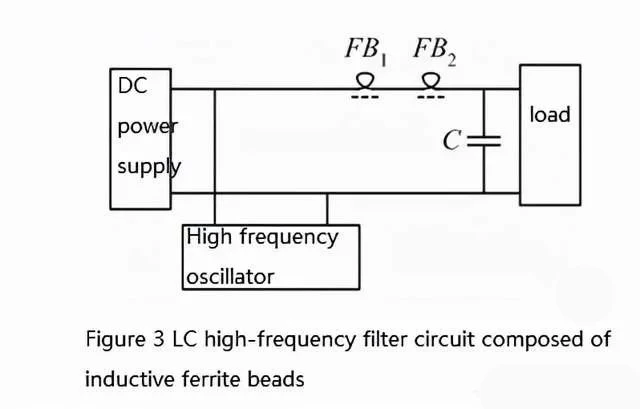
Since any transmission line inevitably has lead resistance, lead inductance and stray capacitance, standard pulse signals are prone to overshoot and ringing after passing through a long transmission line. A large number of experiments have shown that lead resistance will reduce the average amplitude of the pulse, while the existence of lead inductance and stray capacitance is the root cause of overshoot and ringing.
When the pulse front rise time is the same, the larger the lead inductance, the more serious the overshoot and ringing phenomenon. The larger the stray capacitance, the longer the waveform rise time, the larger the lead resistance, and the smaller the pulse amplitude. In actual circuits, series resistance can be used to reduce and suppress overshoot and ringing.
Ferrite is widely used in electromagnetic interference control because it can attenuate high frequencies while allowing low frequencies to pass almost unhindered. Magnetic rings/beads used for electromagnetic interference absorption can be made into various shapes and are widely used in various occasions.
For example, on PCB boards, they can be added to DC/DC modules, data lines, power lines, etc. to absorb high-frequency interference signals on the lines, but will not create new poles in the system or destroy the stability of the system.
When the current in the wire passes through, the ferrite has a small resistance to low-frequency current and a large attenuation of high-frequency current. High-frequency current radiates out in the form of heat, and its equivalent circuit is an inductor and a resistor in series, and the values of these two components are proportional to the length of the magnetic bead. There are many types of magnetic beads, and manufacturers should provide technical specifications, especially the relationship between the impedance of the magnetic beads and the frequency. Some magnetic beads have multiple holes, and the passage of wires can increase the impedance of the component (the square of the number of times the magnetic bead passes), but increase the noise suppression ability at high frequencies.
(★ If you want to know more about ferrite beads, please refer to this article: •How Do Ferrite Beads Work? | We Understand From The Selection And Application Of Ferrite Beads)
Therefore, when choosing ferrite beads, it is necessary to select the appropriate model and specification according to the actual application. The following factors need to be considered mainly:
1. Magnetic permeability: Select the appropriate magnetic permeability according to the required inductive reactance value. Generally speaking, magnetic beads with high magnetic permeability can produce larger inductive reactance values at lower frequencies.
2. Temperature characteristics: Select magnetic beads with suitable temperature characteristics according to the actual application environment. Magnetic beads with good high temperature characteristics can maintain excellent performance at higher temperatures.
3. DC resistance: Select magnetic beads with suitable DC resistance. Generally speaking, magnetic beads with larger DC resistance can absorb larger noise currents and are suitable for occasions where larger noise needs to be absorbed.
4. Mechanical strength: Select magnetic beads with suitable mechanical strength according to the actual application environment. Magnetic beads with high mechanical strength can withstand greater mechanical stress and are suitable for occasions where greater stress needs to be withstand.
5. Installation method: Select a suitable installation method according to the layout and structure of the circuit board.
Generally speaking, small magnetic beads that can be directly installed on the circuit board are more convenient to use.
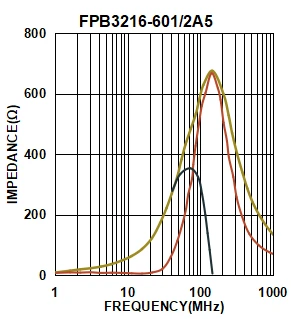
In order to help you choose the right ferrite beads, this article analyzes the ferrite bead models and specifications based on actual application situations. We hope it will be helpful to you in your purchase.

